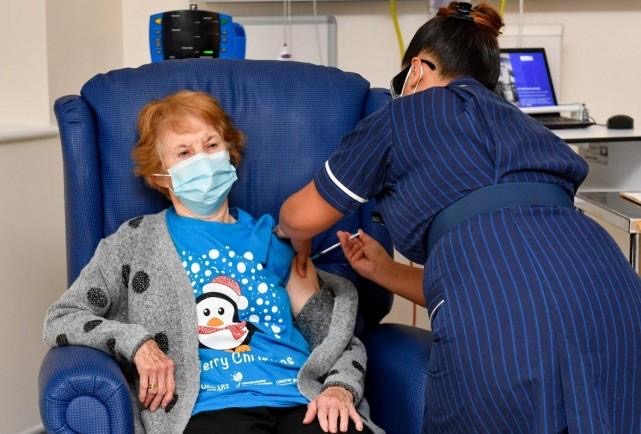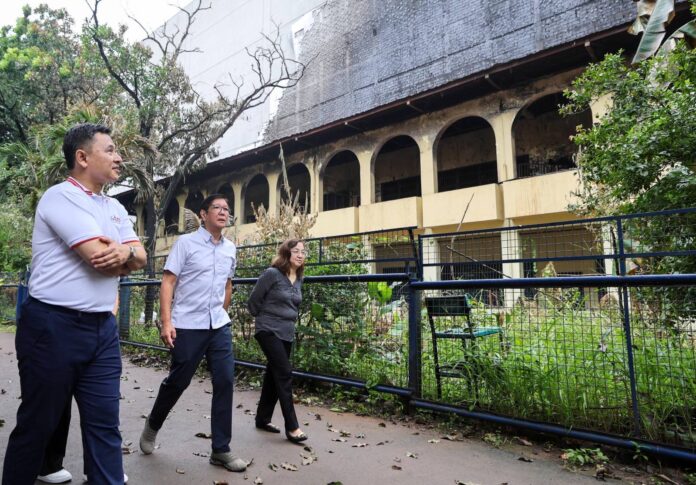OET, a global provider of English language testing for healthcare professionals, hosted a media roundtable in Manila last week to emphasize the role of real-world communication skills in improving patient care and boosting the international mobility of Filipino healthcare workers.
The event, titled Raising the Standard: English Proficiency in Healthcare for Better Patient Outcomes, brought together members of the Philippine media to discuss how English proficiency supports clinical practice, career development, and workforce readiness in both local and international healthcare settings.
“Thousands of Filipino healthcare professionals have already taken the OET, opening doors to employment in top global healthcare systems,” said Jaime Cortes, CEO of OET. “We aim to equip workers with the communication tools needed to deliver care with clarity and empathy—at home or abroad.”
Developed specifically for 12 healthcare professions, the OET uses clinical scenarios such as patient consultations and medical handovers to assess English language skills. This structure allows healthcare workers to engage with language that mirrors the tasks they perform on the job, according to OET’s Director of Assessment and Learning, Dr. Gad Lim.

“Our research shows that candidates who train with clinical content feel more prepared and confident in the workplace,” Lim said.
Filipino healthcare workers make up a significant share of the global medical workforce. OET said that English proficiency not only helps them meet international standards but also plays a critical role in improving patient safety and teamwork in local settings.
Filipino-British nurse May Parsons, known for administering the world’s first COVID-19 vaccine outside clinical trials, shared her experience of adapting to healthcare systems abroad.
“When I migrated to the UK, it wasn’t the clinical work that challenged me, it was communication, explaining procedures to families, and supporting patients in distress,” she said. “OET would have helped me prepare for those moments.”
OET is expanding its presence in the Philippines through partnerships with universities, hospitals, and professional groups. These collaborations aim to embed OET-aligned training into academic programs and professional development tracks. Cortes said the goal is to position English proficiency as a tool for patient care and career advancement.
The roundtable concluded with an open forum exploring the test’s role in certification, workforce development, and healthcare communication standards across the country.









